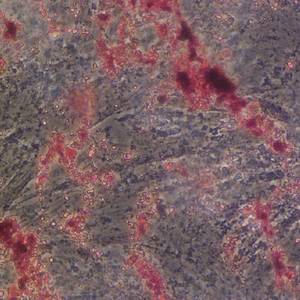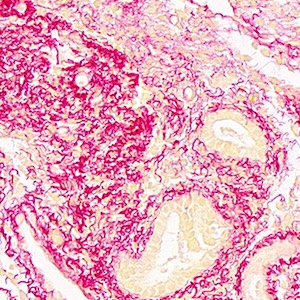Defective apoptosis and tumorigenesis: role of p53 mutation and Fas/FasL system dysregulation
Submitted: 23 January 2010
Accepted: 23 January 2010
Published: 23 January 2010
Accepted: 23 January 2010
Abstract Views: 668
PDF: 840
Publisher's note
All claims expressed in this article are solely those of the authors and do not necessarily represent those of their affiliated organizations, or those of the publisher, the editors and the reviewers. Any product that may be evaluated in this article or claim that may be made by its manufacturer is not guaranteed or endorsed by the publisher.
All claims expressed in this article are solely those of the authors and do not necessarily represent those of their affiliated organizations, or those of the publisher, the editors and the reviewers. Any product that may be evaluated in this article or claim that may be made by its manufacturer is not guaranteed or endorsed by the publisher.

 https://doi.org/10.4081/1680
https://doi.org/10.4081/1680















